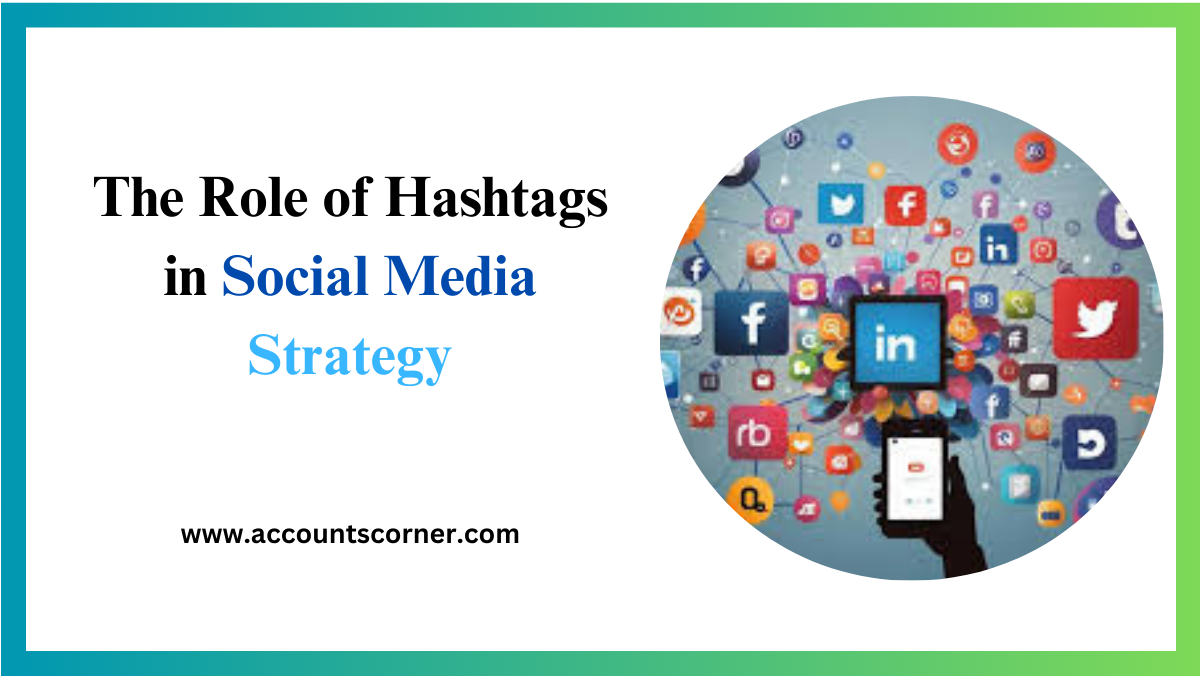Products
-
 Flicker New Accounts
Rated 5.00 out of 5$0.50
Flicker New Accounts
Rated 5.00 out of 5$0.50 -
 Discord New accounts With Gmail
Rated 5.00 out of 5$1.00
Discord New accounts With Gmail
Rated 5.00 out of 5$1.00 -
 Reddit New Accounts With Gmail
Rated 5.00 out of 5$1.00
Reddit New Accounts With Gmail
Rated 5.00 out of 5$1.00 -
 Quora New accounts With Gmail
Rated 5.00 out of 5$1.00
Quora New accounts With Gmail
Rated 5.00 out of 5$1.00 -
 Buy AOL AGED Accounts
Rated 5.00 out of 5$1.00
Buy AOL AGED Accounts
Rated 5.00 out of 5$1.00 -
 Buy Outlook New Accounts
Rated 5.00 out of 5$1.00
Buy Outlook New Accounts
Rated 5.00 out of 5$1.00 -
 Buy Hotmail Aged Accounts
Rated 5.00 out of 5$1.00
Buy Hotmail Aged Accounts
Rated 5.00 out of 5$1.00 -
 Youtube Accounts With Channel and Video
Rated 5.00 out of 5$2.00
Youtube Accounts With Channel and Video
Rated 5.00 out of 5$2.00 -
 Youtube Accounts With Channel
Rated 5.00 out of 5$1.00
Youtube Accounts With Channel
Rated 5.00 out of 5$1.00 -
 Buy Twitter Aged Accounts 2010 to 2021
Rated 5.00 out of 5$1.50
Buy Twitter Aged Accounts 2010 to 2021
Rated 5.00 out of 5$1.50
The Role of Hashtags in Social Media Strategy
Posted by:
preethi

In the world of social media, hashtags have gone from a quirky add-on to a powerful tool that can elevate your brand’s presence and engagement. If you’re looking to enhance your social media strategy, understanding the role of hashtags is crucial. This blog post will guide you through the importance of social media hashtags, how to research them, create branded hashtags, and measure their effectiveness.
Table of Contents
ToggleIntroduction to Hashtag Usage
Hashtags were first introduced on Twitter by Chris Messina in 2007, and since then, they have become an integral part of social media platforms like Instagram, Facebook, LinkedIn, and more. But why are hashtags so important? They serve as a way to categorize content, making it discoverable to a broader audience who shares similar interests. For businesses, this means higher visibility and engagement rates.
To put it simply, hashtags are like keywords for social media. They help users find content related to specific topics, events, or themes. For example, if you search for #TravelTips on Instagram, you’ll find a plethora of posts related to travel advice. This is why using the right hashtags can significantly boost your social media presence.
Understanding the role of hashtags in your social media strategy is the first step towards leveraging their full potential. But how do you find the right hashtags to use? Let’s explore.
Researching Relevant Hashtags
The key to a successful hashtag strategy is relevancy. Using random Social Media Strategy hashtags won’t yield the desired results. You need to conduct thorough research to find hashtags that resonate with your target audience. Start by looking at what hashtags your competitors are using. Tools like Hashtagify, RiteTag, and All Hashtag can help you discover popular and trending hashtags related to your niche.
Another effective method is to use social media analytics tools. Platforms like Instagram and Twitter offer insights into the performance of various hashtags. By analyzing these metrics, you can identify which hashtags drive the most engagement and reach.
Don’t forget to consider the volume of posts under each hashtag. While popular hashtags can give you more visibility, they also come with higher competition. On the other hand, niche hashtags may have fewer posts but can attract a more targeted audience. Striking the right balance is key.
Once you’ve identified a list of relevant hashtags, it’s time to think about creating your own branded hashtags.
Creating Branded Hashtags
Branded hashtags are unique to your business and can help build brand awareness and community. These hashtags should be short, memorable, and easy to spell. For example, Nike uses #JustDoIt, which has become synonymous with their brand. Branded hashtags can be used for specific campaigns, events, or even to encourage user-generated content.
When creating a branded hashtag, ensure it aligns with your brand’s voice and message. It should encapsulate what your brand stands for and be something your audience would want to use. Promote your branded hashtag across all your marketing channels to encourage its usage.
User-generated content (UGC) is a powerful tool for building trust and authenticity. Encouraging your followers to use your branded hashtag in their posts can create a sense of community and drive engagement. Feature the best posts on your profile to show appreciation and motivate others to participate.
But how do you know if your hashtags are working? This brings us to the next crucial step—measuring hashtag effectiveness.
Measuring Hashtag Effectiveness

Measuring the effectiveness of your hashtags is essential to understanding their impact on your social media strategy. Most social media platforms offer analytics tools that provide insights into hashtag performance. For instance, Instagram’s Insights feature shows the reach and engagement metrics for each hashtag used in a post.
Monitor key metrics such as reach, impressions, engagement rates, and follower growth to evaluate the success of your hashtags. Tools like Sprout Social, Hootsuite, and Brandwatch can offer more detailed analytics and reports. These insights will help you identify which hashtags are driving the most engagement and which ones need to be tweaked or replaced.
A/B testing is another effective method to measure hashtag performance. Try using different sets of hashtags on similar posts and compare the results. This will give you a clearer picture of which hashtags resonate more with your audience.
Remember, measuring hashtag effectiveness is not a one-time task. Regularly review and update your hashtag strategy based on performance metrics to ensure it remains relevant and effective.
Best Practices for Hashtag Usage
To maximise the effectiveness of your hashtags, adopting best practices is crucial. Firstly, keep your hashtags relevant to the content you are posting. This ensures that the audience engaging with your posts is genuinely interested in your brand and its offerings. Overloading your posts with too many hashtags can dilute your message and may come off as spammy; a good rule of thumb is to use between 5 to 10 relevant hashtags per post.
Additionally, Social Media Strategy consider creating a content calendar that highlights key events, promotions, or campaigns for your brand. Aligning your hashtags with this calendar can help you stay consistent and timely, Social Media Strategy, further boosting engagement. Monitoring trending hashtags relevant to your industry can also provide opportunities for increased visibility. Engaging with popular conversations through timely posts can help position your brand as a thought leader in your niche.
Lastly, remember to engage with your audience and respond to comments that come from your hashtag Social Media Strategy. Building a community around your brand requires interaction and authenticity. By genuinely interacting with users who engage with your hashtags, you’ll foster a loyal following that values your brand beyond just transactional exchanges.
Conclusion
Incorporating hashtags into your social media strategy can significantly boost your brand’s visibility and engagement. From researching relevant hashtags to creating branded ones and measuring their effectiveness, each step plays a vital role in maximizing your social media impact.
By understanding and leveraging the power of hashtags, you can connect with your target audience more effectively and achieve your social media goals. Ready to take your social media strategy to the next level? Buy social media accounts or purchase social media accounts tailored to your needs and start implementing a robust hashtag strategy today.
For more tips and insights on enhancing your social media presence, stay tuned to our blog and follow us on all major social media platforms.
















